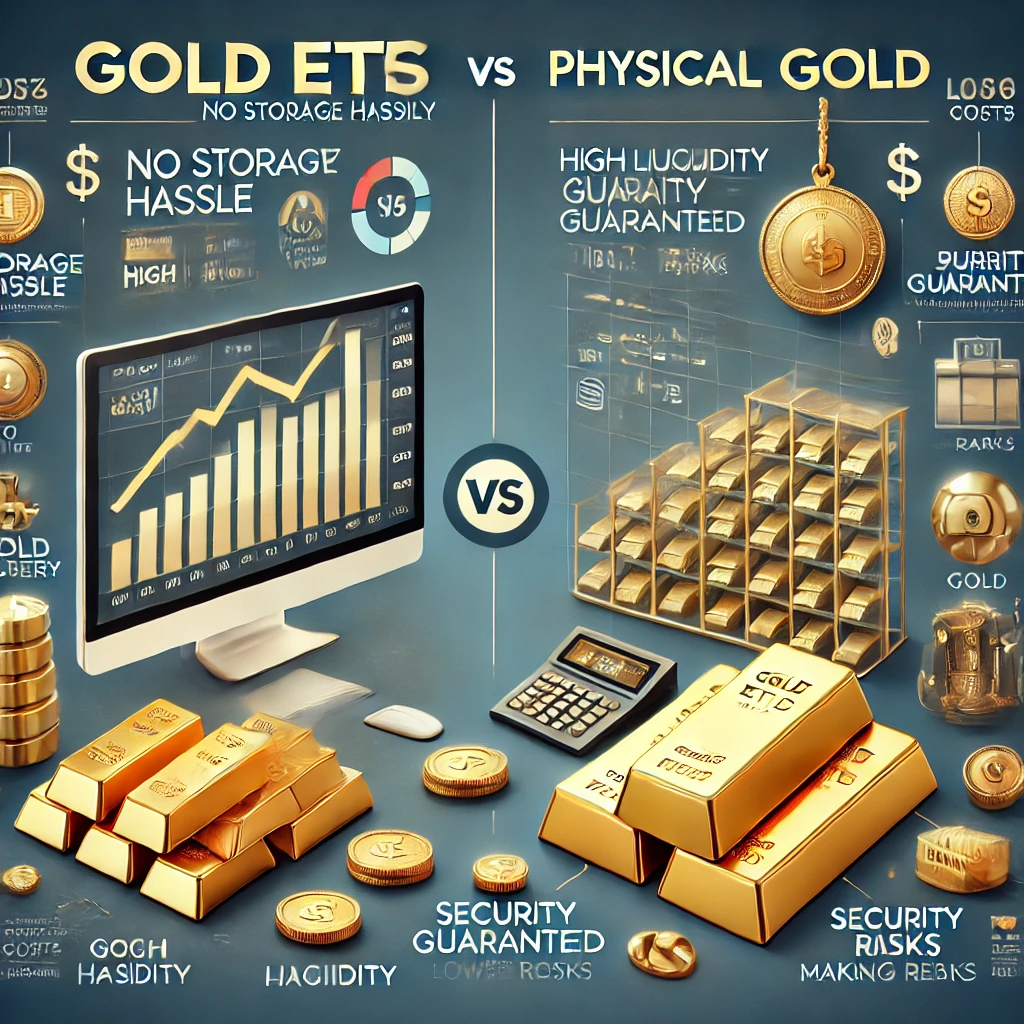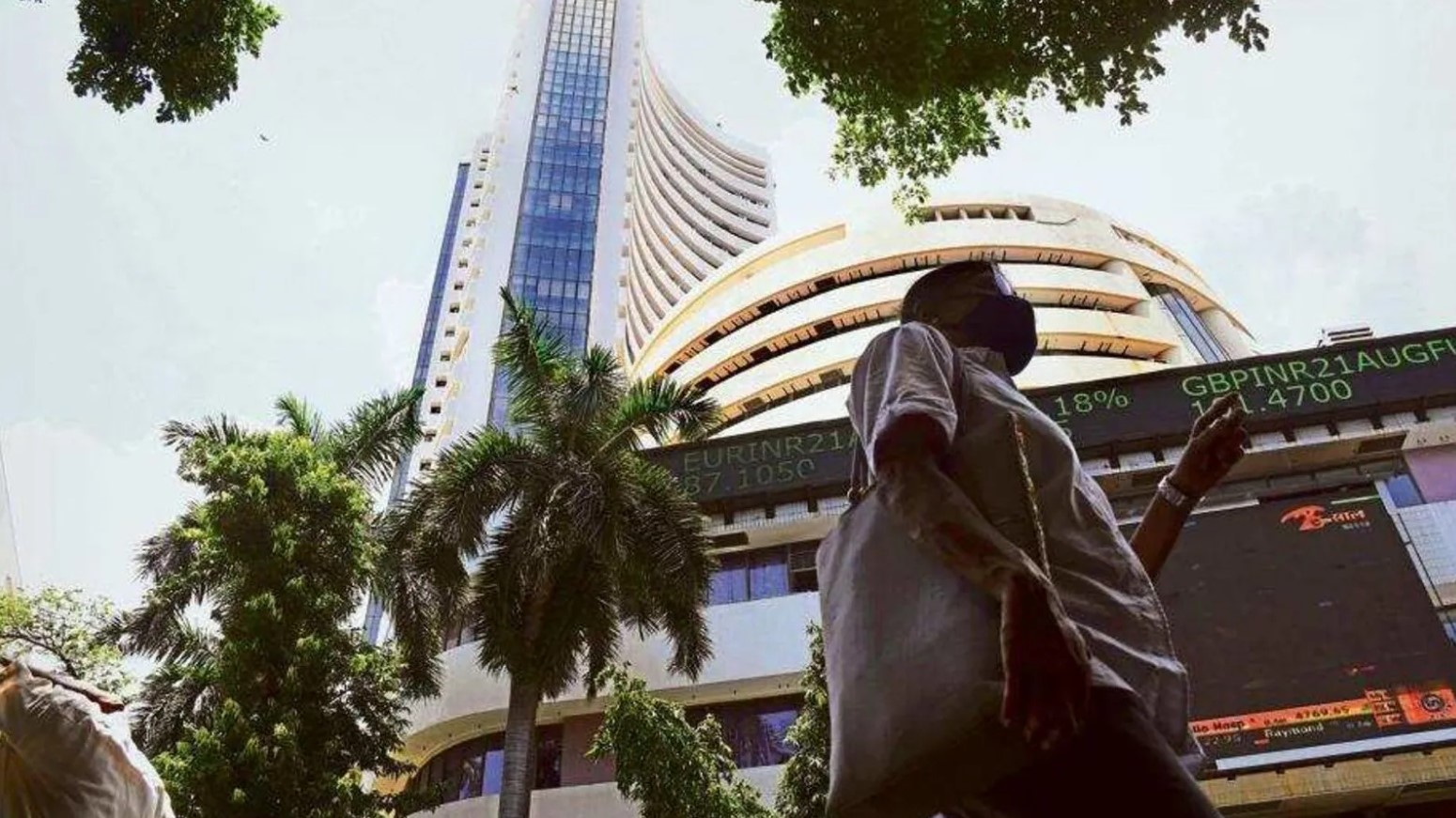Gold has always been a preferred investment for Indians, offering security and long-term value. But in today’s digital world, should you buy Gold ETFs or stick with physical gold? Let’s explore the key benefits of Gold ETFs over traditional gold investment.
1. No Storage Hassles
Unlike physical gold, which requires secure storage and insurance, Gold ETFs are stored electronically in your Demat account, eliminating the risk of theft or loss.
2. High Liquidity
Gold ETFs can be bought and sold anytime on the stock exchange at market prices, ensuring easy liquidity. In contrast, selling physical gold often involves price cuts and purity checks.
3. Purity Guaranteed
With physical gold, there’s always a risk of impurity and hidden charges. Gold ETFs are backed by 99.5% pure gold, ensuring transparency and trust.
4. Lower Costs
Gold ETFs come with lower transaction and storage costs than physical gold, where making charges and storage fees reduce your returns.
5. Tax Efficiency
Gold ETFs attract lower capital gains tax after 3 years, making them more tax-efficient compared to physical gold, which incurs GST and wealth tax.
Which One Should You Choose?
If you seek convenience, security, and cost-effectiveness, Gold ETFs are the smarter choice. However, if your goal is jewelry or traditional ownership, physical gold remains an option.
💡 Want to learn more about smart investing? Join our stock market courses at Market Mantraa Trading Academy and master the art of wealth creation.
📌 Follow us for daily market insights!
#GoldInvestment #GoldETF #StockMarketIndia #InvestWisely #TradingAcademy #MarketMantraa #FinancialEducation #WealthBuilding #StockMarketTips #GoldTrading


